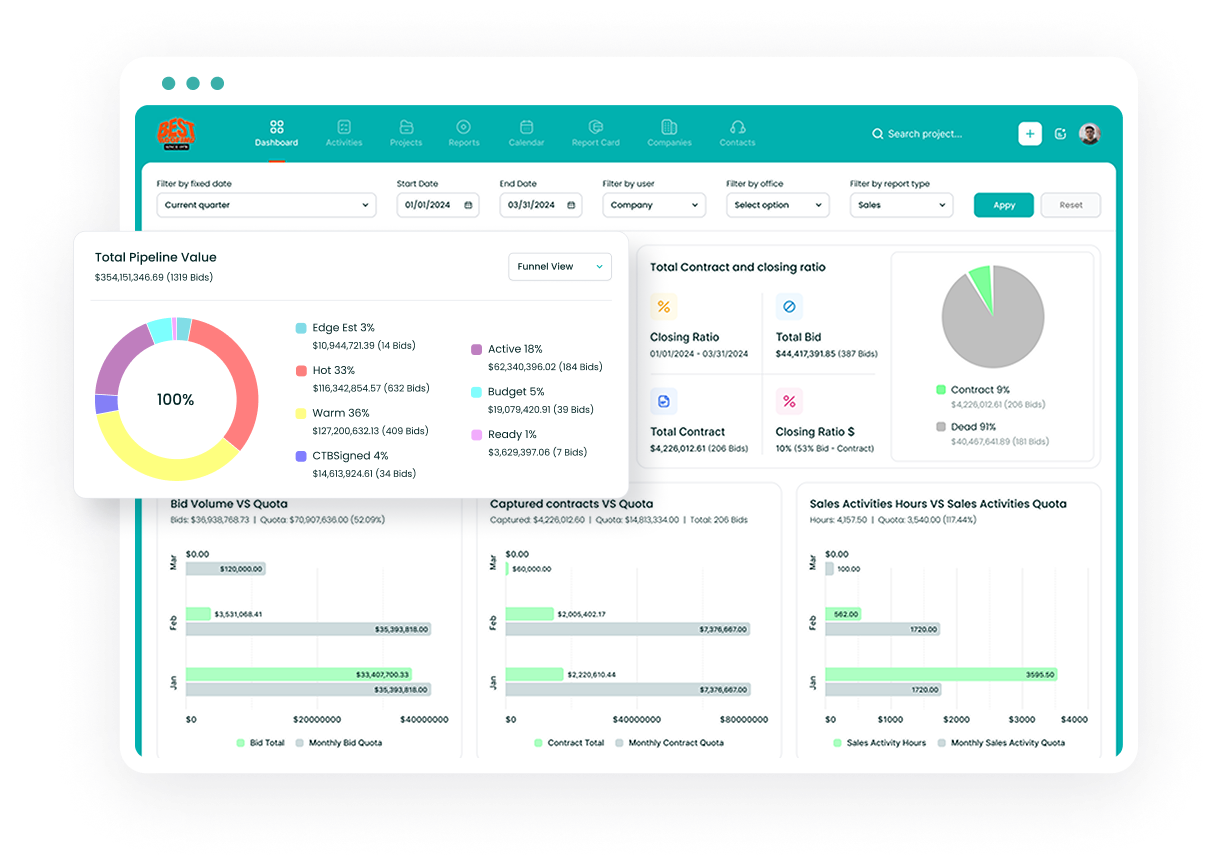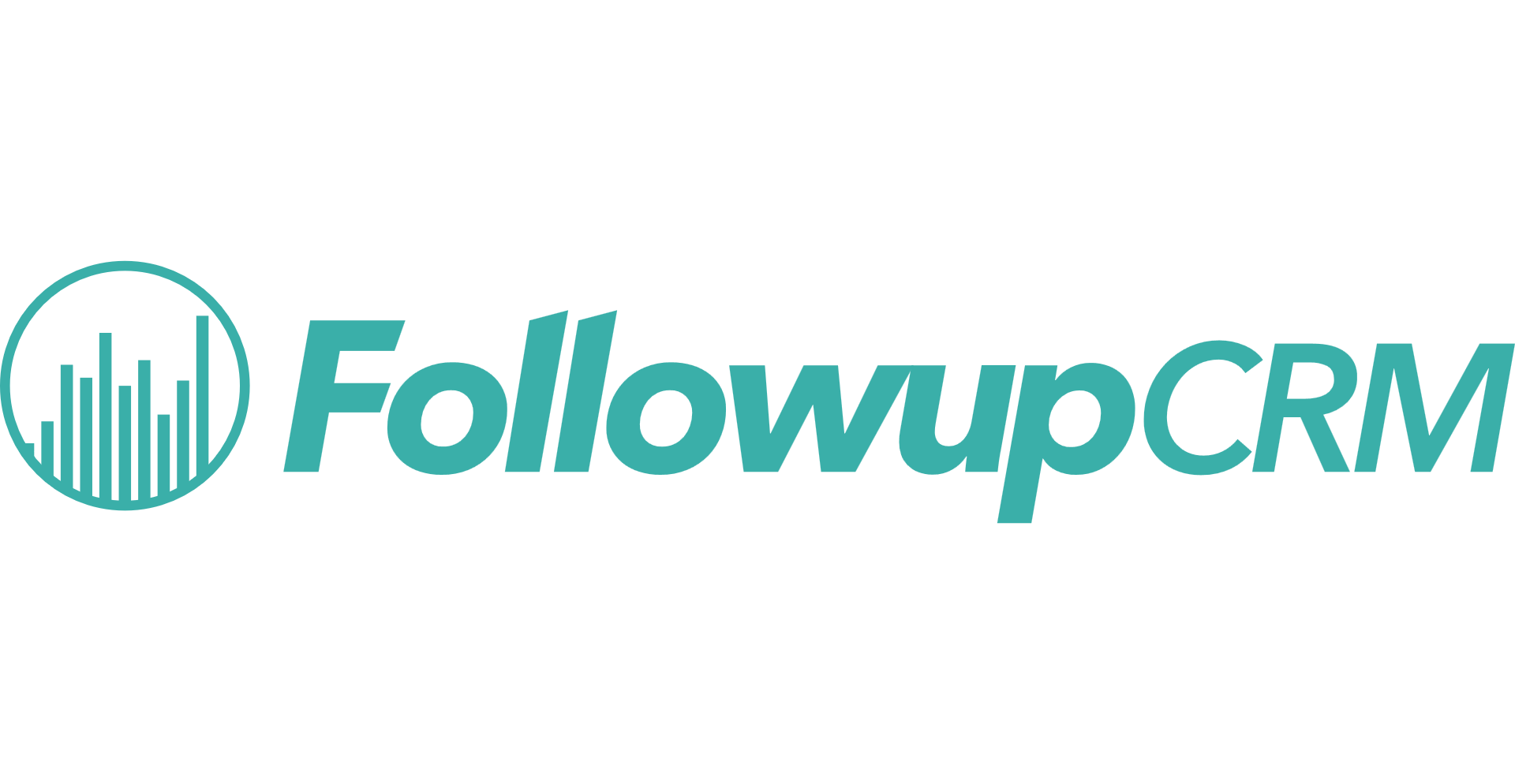Unifier vs Procore
Construction project management has evolved significantly with digital solutions becoming essential tools for modern construction firms. Oracle Primavera Unifier and Procore represent two distinct approaches to construction management software, each bringing unique strengths to the table. Understanding their differences and capabilities helps construction professionals make informed decisions about which platform best suits their organizational needs.
Understanding the Companies Behind the Software
Oracle Primavera Unifier emerged from Oracle's strategic acquisitions, beginning with Primavera in 2008 and later strengthening its position with the purchase of Skire in 2011. This enterprise-level solution benefits from Oracle's extensive resources and global presence in the technology sector, providing robust support for large-scale construction projects.
Procore's journey began in 2002 with a focused mission to revolutionize construction management through technology. Their successful IPO in 2021 demonstrated the market's confidence in their specialized approach. Unlike Oracle's diverse technology portfolio, Procore maintains a singular focus on construction software, allowing them to develop deep industry expertise and tailored solutions.
Essential Features and Capabilities for Construction Management
The core functionality of both platforms encompasses project management essentials, but each system approaches these needs differently. Unifier excels in enterprise-level cost control and program management, providing sophisticated tools for large organizations managing multiple complex projects simultaneously.
Procore's strength lies in its practical approach to project management and field team collaboration. The platform emphasizes user experience and mobile accessibility, making it particularly effective for teams that require constant communication and real-time updates from construction sites.
Both systems offer robust document management capabilities, but their implementations differ significantly. Unifier provides extensive customization options for document workflows, while Procore focuses on intuitive organization and accessibility.
User Experience and Interface Design
The user experience between these platforms presents notable contrasts. Unifier's interface prioritizes functionality over aesthetics, offering deep customization options that appeal to organizations with specific workflow requirements. While some users may find the learning curve steep, the platform's configurability allows organizations to create highly efficient processes once properly set up.
Procore's modern, intuitive interface design reflects contemporary software standards. The platform's clean layout and logical organization help new users quickly adapt to its extensive feature set. However, the comprehensive nature of the platform means that users still need dedicated time to fully master all available tools and capabilities.
Pricing Models and Cost Considerations
Understanding the financial commitment required for each platform requires careful consideration of various factors. Unifier's enterprise-level pricing model typically involves customized quotes based on organizational needs, including user counts, required modules, and implementation services. Organizations should prepare for significant investment when considering this option.
Procore's pricing structure offers more transparency, with project management solutions starting at $667 monthly and combined project and financial management packages beginning at $811 monthly. However, final costs still depend on project volume and specific organizational requirements.
Mobile Functionality and Field Operations
Mobile capabilities significantly impact field operations and project coordination. Unifier provides mobile access through a web-based interface optimized for mobile devices. This approach offers flexibility but may present limitations in areas with poor connectivity.
Procore's dedicated mobile application stands out with comprehensive functionality, including offline access and automatic synchronization when connectivity returns. The app provides access to nearly all desktop features, enabling effective field operations and real-time project updates.
Integration Ecosystem and Third-Party Connectivity
A robust integration ecosystem enhances software functionality and streamlines workflows. Unifier's integration capabilities focus primarily on Oracle products, with limited but well-implemented third-party connections. This approach ensures reliability but may restrict options for organizations using diverse software solutions.
Procore's marketplace features over 300 integrations, spanning various construction-related tools and services. This extensive network allows organizations to create comprehensive digital ecosystems that address specific needs while maintaining data consistency across platforms.
Advanced Collaboration Tools and Communication Features
Modern construction project management requires robust digital solutions that enable seamless communication and data sharing. Both Oracle Primavera Unifier and Procore offer distinct approaches to collaboration and communication, each with unique strengths in connecting teams and managing project information.
Oracle Primavera Unifier's collaboration features include:
- Integration with Oracle's AutoVue for document markup and annotation without altering original files
- Form-based workflows with intelligent approval cycles and dynamic routing capabilities
- Cross-project reporting through Oracle Analytics Publisher for real-time cash flow visibility
- Advanced document control with versioning, traceability, and full-text search functionality
- Mobile capabilities for offline work and photo attachments from job sites
Procore's communication tools offer:
- Action Plans tool for managing inspections, forms, specifications, and submittals in one location
- Correspondence tool that captures all project communications in a single system of record
- Custom and Configurable Fields for creating tailored user experiences
- Procore Connect for sharing data across different company accounts
- Real-time search functionality across all connected tools from a single homepage
The digital transformation of construction management continues to evolve, with both platforms regularly introducing new features to enhance team collaboration. These tools help reduce miscommunication risks, streamline approval processes, and maintain clear documentation trails for all project-related interactions.
Both systems emphasize the importance of mobile accessibility and real-time updates, though they implement these features differently. While Unifier focuses on enterprise-level workflow management and document control, Procore prioritizes user-friendly interfaces and practical field team collaboration tools.
Implementation and Support Services
Successful software implementation requires comprehensive support and training resources. Unifier's enterprise-level support structure provides organizations with dedicated assistance during implementation and ongoing operations. The level of support varies based on the chosen support package, allowing organizations to select appropriate service levels.
Procore emphasizes customer success through 24/7 support channels and extensive training resources. Their support team maintains high responsiveness standards, while their online learning platform offers comprehensive training materials for users at all levels.
Analytics and Reporting Capabilities
Effective project management relies heavily on data analysis and reporting tools. Unifier excels in providing sophisticated analytics for program and portfolio management, offering customizable dashboards and detailed reporting options that support strategic decision-making at the enterprise level.
Procore's reporting tools focus on construction-specific metrics and insights, providing clear visibility into project performance, budget tracking, and productivity measurements. While these capabilities may not match Unifier's depth in program management, they effectively address the practical needs of construction projects.
Maximizing ROI Through Strategic Implementation
The implementation process for either platform requires careful consideration of organizational resources and team capabilities. Many construction firms find success by starting with core features and gradually expanding their usage as teams become more proficient. This methodical approach helps organizations maintain productivity during the transition period while ensuring teams can fully utilize the software's capabilities.
Training programs and change management strategies play vital roles in successful implementation. Organizations must allocate sufficient time and resources for team members to become comfortable with new workflows and processes. Regular feedback sessions and performance monitoring help identify areas where additional support may be needed.
Data Security and Compliance Standards
Construction project management software must meet stringent security requirements, particularly when handling sensitive project information. Both platforms employ advanced encryption methods and regular security updates to protect project data. Multi-factor authentication and role-based access controls provide additional layers of protection for sensitive information.
Modern construction projects generate vast amounts of data that requires careful management and protection. Regular backups, disaster recovery protocols, and compliance with industry regulations ensure business continuity and risk mitigation. These security measures help construction firms maintain client trust and protect intellectual property.
Performance Optimization and System Requirements
Construction software performance directly impacts daily operations, productivity, and project timelines. Both Unifier and Procore require specific hardware configurations and network capabilities to operate efficiently, particularly when managing large projects with numerous concurrent users and substantial data volumes.
Essential performance optimization requirements include the following:
- System administrators must ensure network infrastructure can support peak usage periods during critical project phases.
- Organizations should implement regular performance monitoring to identify potential bottlenecks before they impact productivity.
- Regular maintenance schedules and updates help maintain optimal system performance across all project sites.
- Teams should establish clear protocols for data management to prevent system slowdowns from excessive file storage.
- Regular audits of user access and permissions help maintain system security and performance.
Maintaining optimal system performance requires ongoing attention to these technical requirements and regular system health checks. Organizations must balance user needs with system capabilities, ensuring that infrastructure investments align with project demands and team workflows while preventing potential disruptions to critical construction operations.
Construction Management Software Selection Guide
Selecting the appropriate construction management software involves understanding your organization's specific needs and growth objectives. Consider factors such as team size, project complexity, and existing technology infrastructure when evaluating options. The right solution should align with your current requirements while providing room for future expansion.
Success with either platform depends on proper preparation and commitment to implementation. Establishing clear objectives, providing adequate training, and maintaining open communication channels throughout the adoption process helps ensure positive outcomes. Regular assessment of software utilization and team feedback enables continuous improvement and maximizes the value of your investment.
Sources: [1] https://www.techrepublic.com/article/procore-review/ [2] https://www.procore.com/en-au/article/construction-project-management-software-how-to-choose-which-is-best-for-you [3] https://www.altaconstruction.com/procore/ [4] https://constructioncoverage.com/construction-project-management-software [5] https://www.trustradius.com/compare-products/oracle-primavera-unifier-vs-procore [6] https://www.eniac-corp.com/unifier-en.html [7] https://www.trustradius.com/products/oracle-primavera-unifier/reviews
The CRM Built For Construction Companies
No more disorganized data. Track your leads, bids, and customers all in one place.
Seamless Integration with:
✅ Foundation ✅ Viewpoint ✅ Sage and more

Request a Live Demo Now
Learn more about how Followup CRM can help your construction company grow.







